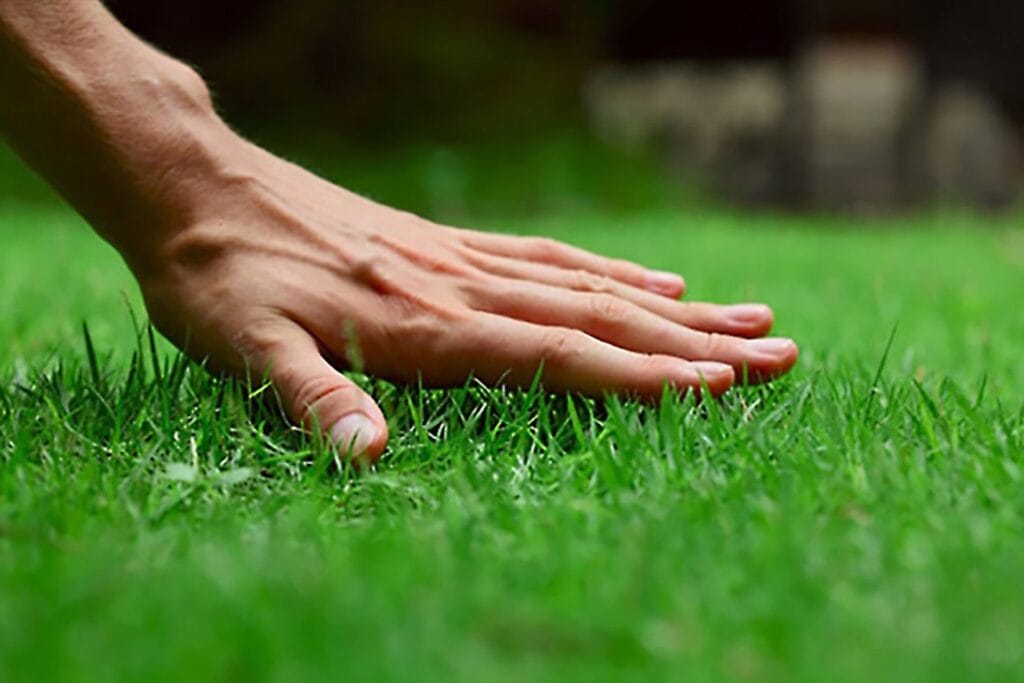How Often Should You Mow in Summer? (Texas Guide)
By Innovation Grounds
Summertime in Texas brings scorching heat, longer days, and a fast-growing lawn. If you’re asking, “How often should I mow in summer in Texas?” — you’re not alone. Many Texas homeowners struggle to strike the right balance between maintaining a healthy lawn and avoiding over-mowing. In this guide, we’ll dive into mowing frequency, regional tips, and how to keep your Texas lawn green and thriving during the intense summer season.
Why Summer Lawn Mowing Frequency Matters
During summer, most grasses in Texas — like Bermuda, St. Augustine, and Zoysia — experience rapid growth. This makes mowing a crucial task. Proper mowing promotes stronger roots, deters weeds, and improves drought tolerance. However, mowing too often or cutting the grass too short can cause stress, especially under the Texas sun.
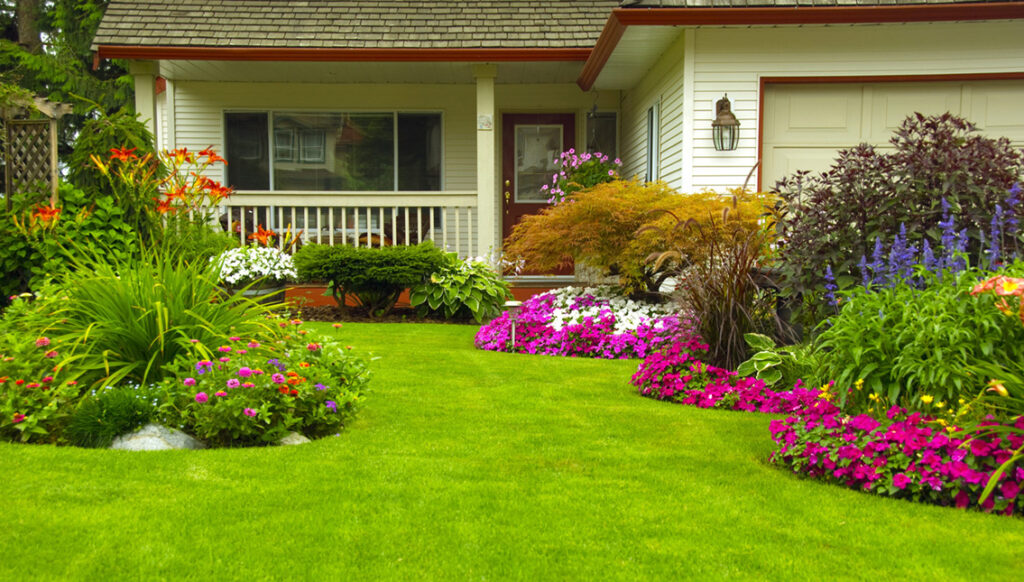
How Often Should You Mow in Texas During Summer?
In general, you should mow your lawn every 5 to 7 days in Texas during the summer months. However, this can vary based on:
1. Grass Type
Bermuda Grass – Grows fast and thrives in heat. Mow every 5 days.
St. Augustine Grass – Slower growth. Mow every 7 days.
Zoysia Grass – Moderate growth. Mow every 6-7 days.
2. Growth Rate
If you’ve recently fertilized or experienced heavy rainfall, your grass may grow faster, requiring more frequent mowing. Monitor your lawn, and don’t rely solely on a schedule — let the grass guide you.
3. Mowing Height
Follow the one-third rule: never cut more than one-third of the grass height at a time. In the summer, it’s best to keep your grass a bit taller. Taller grass provides better shade for roots and retains moisture.
Recommended mowing heights for Texas summer grasses:
Bermuda – 1.5 to 2 inches
St. Augustine – 2.5 to 4 inches
Zoysia – 1.5 to 2.5 inches
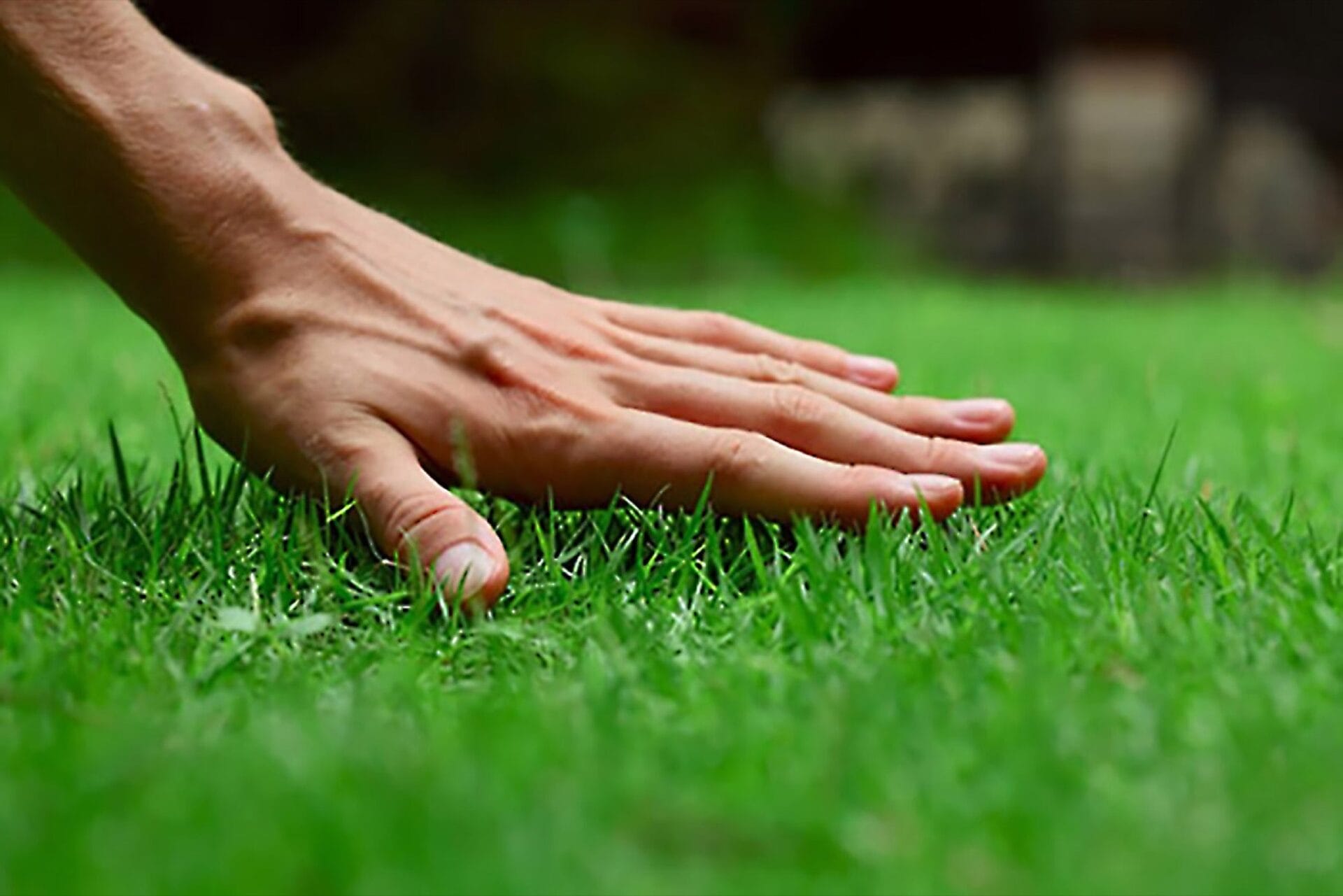
Tips for Mowing in the Texas Heat
1. Mow in the Early Morning or Late Evening
Avoid the hottest part of the day. Early morning or late evening mowing protects both you and the grass from heat stress.
2. Keep Mower Blades Sharp
A dull blade tears grass rather than cuts it cleanly, which can damage your lawn and lead to brown tips.
3. Leave Grass Clippings
Mulching your clippings can return vital nutrients to the soil. It also helps retain soil moisture — crucial in Texas’ dry summer months.
4. Avoid Over-Mowing
Too much mowing can lead to weak roots and increase your lawn’s vulnerability to heat and drought. If the lawn doesn’t need mowing, skip a session.
5. Water Deeply and Less Frequently
Water your lawn deeply 2-3 times per week rather than daily. Early morning watering is ideal to minimize evaporation.
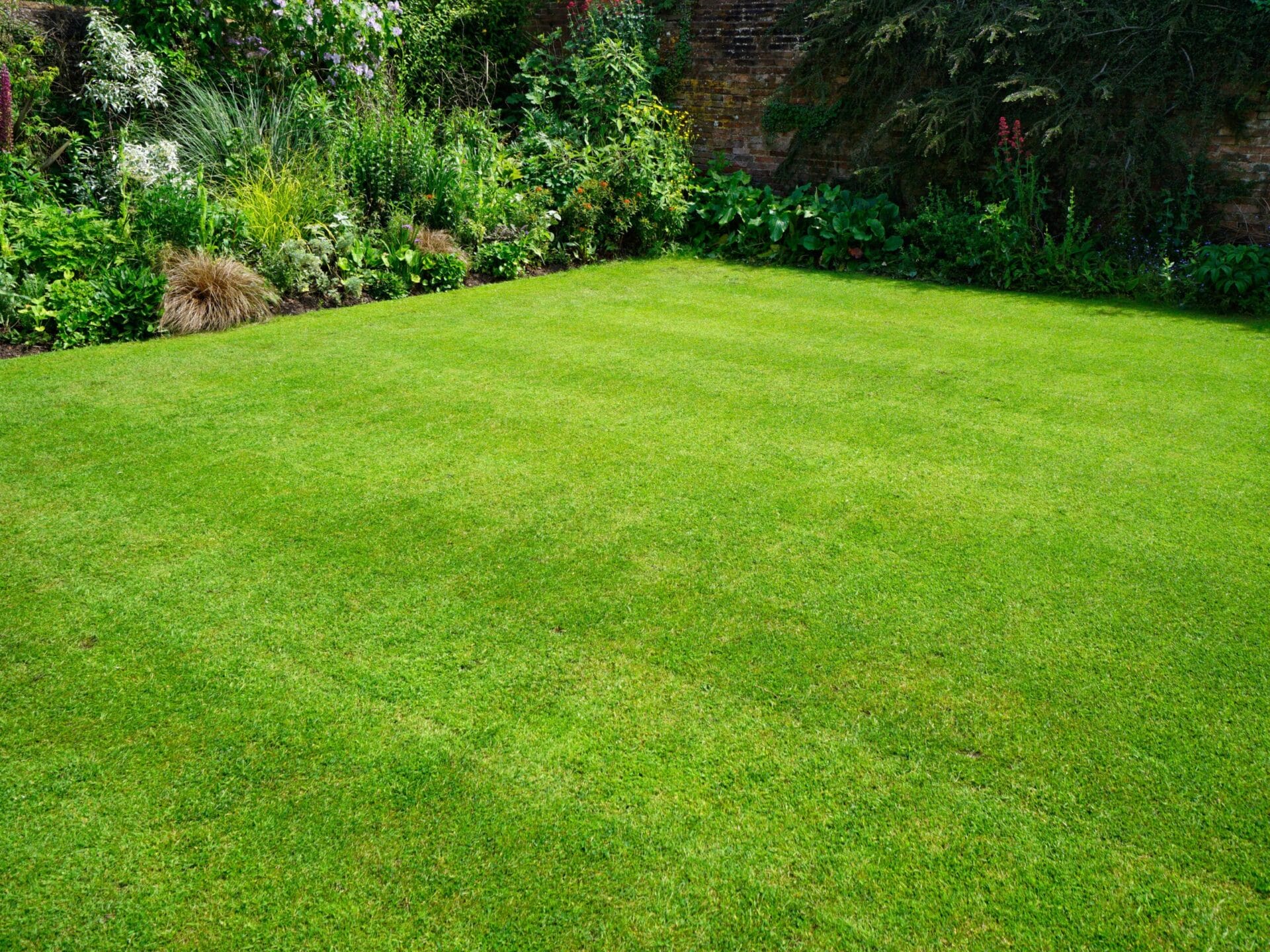
Signs You're Mowing Too Often
If your lawn is looking thin, yellowed, or stressed, you may be mowing too frequently. Adjust your schedule and mowing height accordingly.
Common symptoms of over-mowing:
Grass is thinning out
Increased weed growth
Soil erosion in patches
Brown or yellow spots
Seasonal Adjustments to Mowing
As summer progresses, your lawn may start slowing down in growth due to heat stress. In July and August, you might extend mowing to every 7-10 days, especially during dry spells. Monitor rainfall, temperature, and overall lawn health.
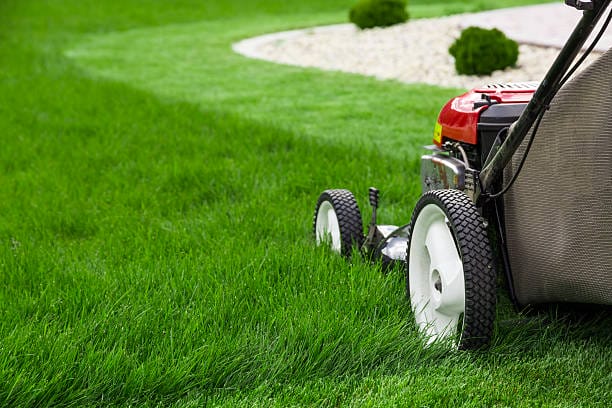
Final Thoughts
Understanding how often you should mow in summer, especially in Texas, helps you maintain a green, lush lawn even during the hottest months. By knowing your grass type, adjusting mowing height, and following a proper summer lawn care routine, your yard can stay healthy and vibrant.
If you’re ever unsure, remember: when in doubt, mow less frequently and a bit higher. Your lawn — and your Saturday morning — will thank you.


